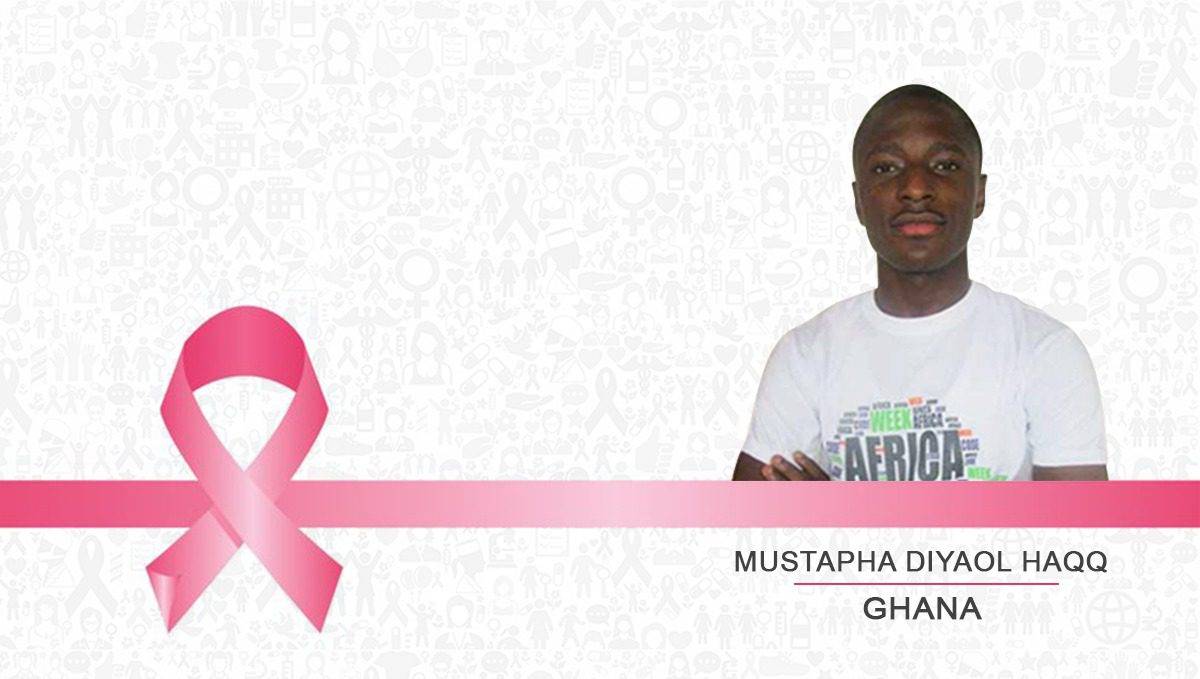Now AI Can Detect Breast Cancer In Seconds, Thanks To This Ghanaian Teen

Prodigies are no longer alien to our world; we all like knowing about them and appreciate their efforts. In what was another innovative score for the Ghanaian tech ecosystem, a teenager and Senior High School student, successfully invented a system that uses predictive analytics model to detect breast cancer.
Breast cancer has been a challenge worldwide. Even with all the awareness campaigns and not-dos broadcast on TV, the condition yet remains one of the most dreaded diseases on planet earth. According to BreastCancer.org, about 1 in every 8 women in the United States will develop invasive breast cancer in a lifetime’s course. There were 1.7 million new cases diagnosed in the world in 2012, and it is also estimated that more than 508,000 women died in 2011 due to the disease. Despite the fact that it is thought to be a disease of the developed world, nearly 50 percent of breast cancer cases and 58 percent of deaths occur in less developed countries. And because of these figures, efforts have been made to detect early, treat and prevent eventual death from breast cancer in all parts of the world.
Mustapha Diyaol Haqq is a student of the T.I Ahmadiyya Senior High School situated in Kumasi, Ghana. This tech genius has been burning the midnight oil and skipping meals to work on an artificial intelligence model to diagnose and make predictions on the dreaded disease known as breast cancer. Mustapha, who is also a content developer and code instructor, taught himself how to code and went on to write his first research paper on how to use predictive analytics for breast cancer diagnosis.
According to Mustapha, the machine learning/artificial intelligence system makes use of two main classifications – the malignant (cancerous) and benign (non-cancerous) to classify a breast cancer tumour accurately. The endgame with this innovation is to determine whether the breast cancer falls into any of these groups and be able to predict the recurrence possibility of malignant cases after given timeframes.
The system integrates both Machine Learning and AI, with an operation that works with a quick and simple fine needle test – making it possible to get results just after the obtainment of some fluids or cells from a breast lesion or cyst.
The AI model uses breast cancer results from breast fine needle test to classify the tumours. The teenager believes that as time goes on, leveraging larger Ghanaian data, the model can be replicated and further developed and used in real case scenarios in the medical field. The young inventor is confident that with the efforts of stakeholders and tech experts in Ghana, his idea could be developed with higher accuracy scores that can be a real resource for doctors in diagnosing breast cancer efficiently and with ease of use. No doubt, with a dataset of over 569 samples of malignant and benign tumour cells, this model was tested and confirmed on the machine learning repository under the maintenance of the University of California, Irvine.
Mustapha is also a Volunteer at the Ghana Code Club where he instructs in programming.